2025 Top 5 Shipping Cargo Containers for Efficient Global Logistics Solutions
In the rapidly evolving arena of global logistics, the role of shipping cargo containers has become increasingly pivotal. As businesses strive for efficiency and cost-effectiveness in their supply chains, the selection of the right type of shipping cargo containers can significantly impact operational performance and environmental sustainability. The year 2025 brings forth innovative designs and technological advancements that promise to transform the shipping industry, ensuring that organizations can meet the rising demands of international trade.
This article delves into the top five shipping cargo container types that stand out for their efficiency and strategic advantages in the logistics landscape. By exploring features, benefits, and applications, we aim to equip logistics professionals and businesses with insights necessary for optimizing their shipping processes. From traditional containers to specialized units catering to unique cargo needs, understanding these innovations will enable stakeholders to navigate the complexities of global logistics effectively and enhance their overall supply chain agility.
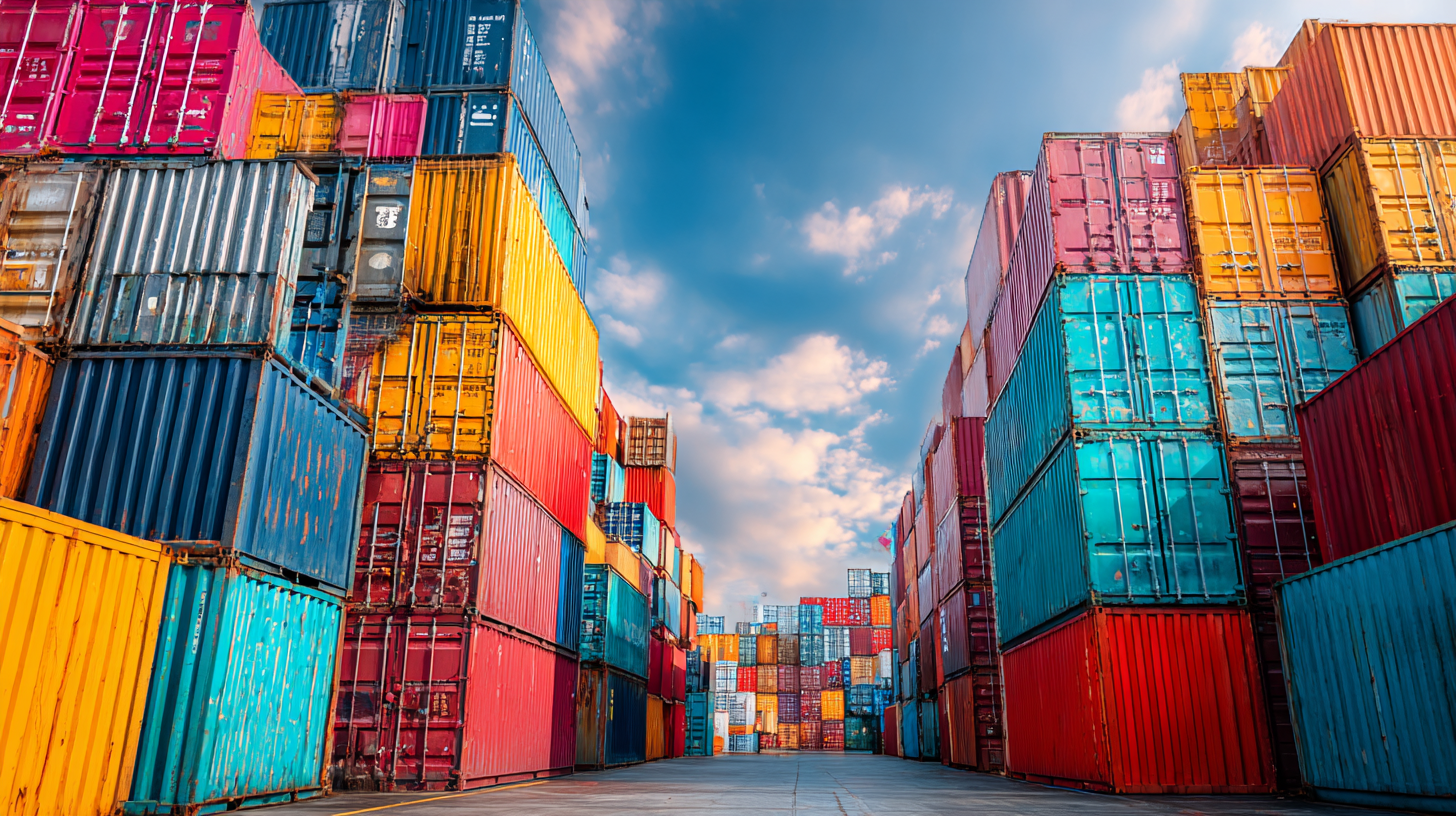
Innovative Design Features in 2025 Cargo Containers for Reduced Shipping Costs
In 2025, the landscape of cargo shipping is set to transform, driven by innovative design features that aim to reduce shipping costs and enhance efficiency. One of the most significant advancements is the integration of smart technology in cargo containers. These smart containers come equipped with sensors that monitor temperature, humidity, and location in real-time, allowing logistics companies to track shipments more accurately and avoid potential losses due to spoilage or delays. This data-driven approach enables proactive decision-making, ensuring timely deliveries and reducing wasted resources.
Moreover, lightweight materials are being utilized to construct these containers, significantly decreasing their weight without compromising durability. This innovation not only leads to lower fuel consumption but also allows for increased cargo loads within shipping vessels. The shift towards eco-friendly designs, such as reusable and recyclable containers, further contributes to cost savings while promoting sustainability in logistics. As companies increasingly prioritize carbon footprints, these advanced cargo containers play a crucial role in creating a more efficient and environmentally responsible supply chain.
2025 Top 5 Shipping Cargo Containers for Efficient Global Logistics Solutions
Sustainable Materials and Their Role in Future Container Production
The shift towards sustainable materials in the production of shipping cargo containers is becoming increasingly vital for global logistics solutions. As businesses recognize the environmental impact of traditional materials like steel and plastic, alternative options such as recycled composites and biodegradable substances are gaining traction. These materials not only reduce carbon footprints but also contribute to a circular economy by minimizing waste and promoting resource efficiency.
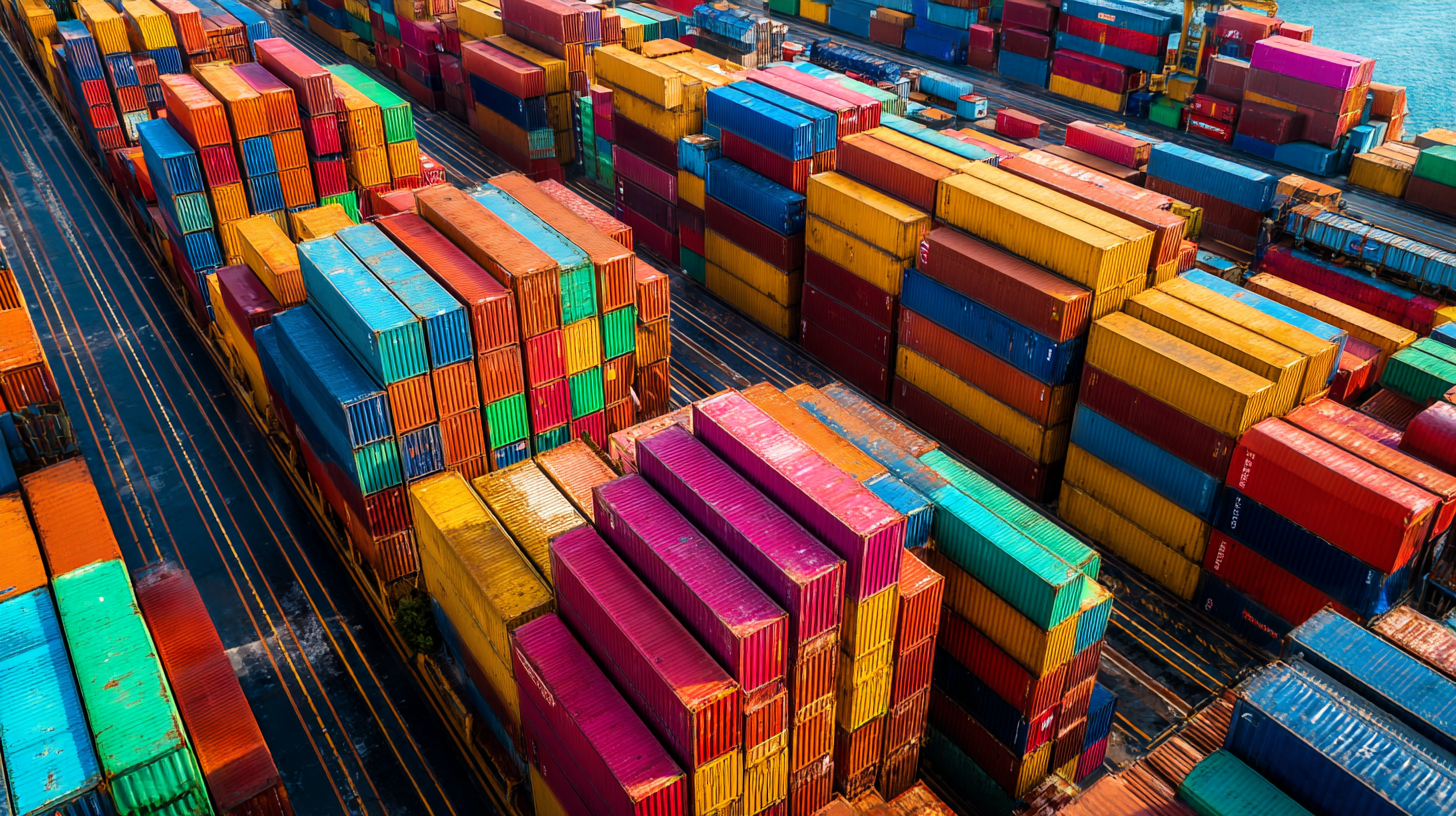
Moreover, incorporating sustainable materials can enhance the durability and lifespan of shipping containers. Innovations in material science have led to advancements that improve resistance to the elements, thereby reducing the need for frequent replacements. Companies prioritizing these materials position themselves as leaders in sustainability, appealing to environmentally conscious consumers and stakeholders. As the logistics industry looks toward 2025, the integration of sustainable materials in container production will play a pivotal role in shaping efficient and eco-friendly supply chains.
Advanced Tracking Technologies Enhancing Global Shipping Efficiency
In the ever-evolving landscape of global logistics, advanced tracking technologies are becoming pivotal for enhancing shipping efficiency. These innovations enable real-time monitoring of cargo containers, providing stakeholders with accurate data on shipment locations, estimated arrival times, and environmental conditions. By utilizing GPS and IoT-enabled devices, companies can significantly reduce the risk of loss or damage, ensuring that goods are delivered safely and on schedule.
Moreover, predictive analytics integrated with tracking systems streamline supply chain operations by anticipating potential delays and optimizing routes. This proactive approach not only minimizes transportation costs but also improves customer satisfaction by keeping clients informed throughout the shipping process. As logistics providers adopt these advanced technologies, they position themselves to better respond to the dynamic demands of global trade, ultimately creating a more resilient and efficient logistics ecosystem.
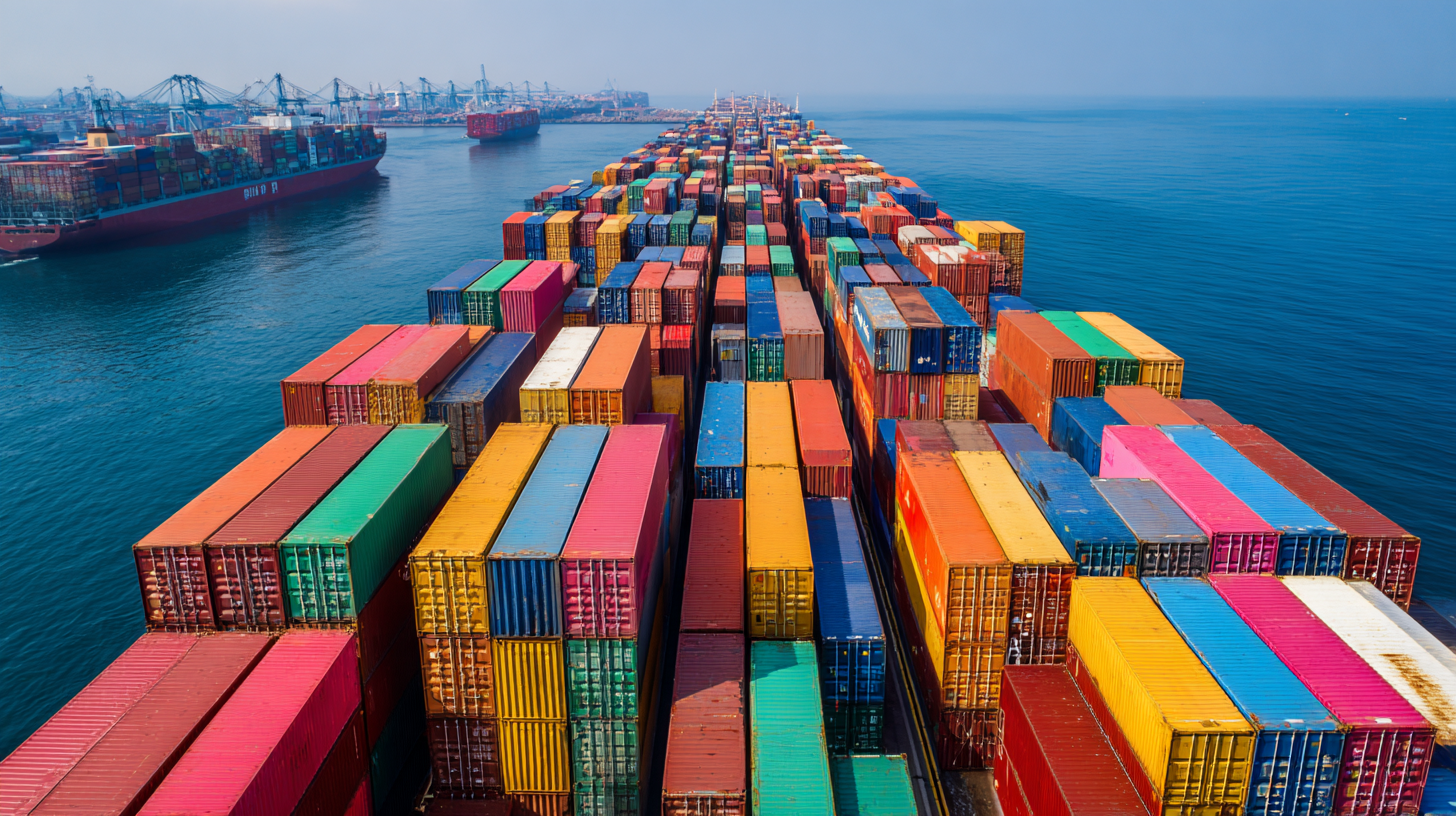
The Impact of Modular Cargo Solutions on Logistics Flexibility
In today's rapidly evolving logistics landscape, the impact of modular cargo solutions cannot be overstated. The growing demand for supply chain flexibility has led to a significant shift towards modular designs, which allow for quick adaptation to changing market conditions. According to a report by McKinsey, companies utilizing modular cargo systems can improve their logistical efficiency by up to 30%, ensuring faster turnaround times and reduced operational costs.
These modular cargo solutions enable logistics providers to customize containers for various types of goods, enhancing their ability to respond to specific customer needs. For instance, the adoption of standardized container sizes has been shown to increase space utilization in shipping vessels by nearly 25%, thereby optimizing load efficiency and reducing emissions per unit of cargo transported. Furthermore, the increasing trend of e-commerce necessitates a more agile logistics framework, where modular containers can easily accommodate varying volumes and types of shipments as demand fluctuates.
As sustainability becomes a vital consideration in logistics, modular solutions also contribute to greener operations by minimizing waste and maximizing resource use. A study by the World Economic Forum indicates that modular approaches can lead to a 20% reduction in carbon emissions within the logistics sector. By integrating modular cargo containers into their operations, businesses can not only enhance their logistical flexibility but also contribute to a more sustainable future for global transportation.
Comparative Analysis of Leading Shipping Container Brands for 2025
The global logistics landscape is continuously evolving, and as we approach 2025, the demand for efficient shipping solutions is more pressing than ever. A comparative analysis of the leading shipping container brands reveals key insights into their contributions to optimizing global trade. According to a report by the International Maritime Organization (IMO), the container shipping industry experienced a 4.5% growth in 2022, driven largely by advancements in container durability and capacity.
Among the top players, Maersk stands out with its commitment to sustainability, implementing eco-friendly models that reduce emissions by up to 40% compared to traditional containers. Meanwhile, MSC has ramped up investments in high-tech containers equipped with IoT solutions, providing real-time tracking and predictive analytics. A study from the World Shipping Council highlighted that ships using innovative container solutions experienced a 15% reduction in operational costs, underscoring the competitive edge of adopting such technologies.
As companies like Hapag-Lloyd and COSCO Shipping enhance their portfolios with smart containers, which integrate advanced monitoring systems, the logistics industry moves toward achieving greater efficiency. By 2025, reports suggest that using technologically advanced shipping containers could potentially increase throughput by 25%, facilitating smoother global trade operations and meeting growing consumer demands.
Related Posts
-

Small Shipping Container Innovations for Sustainable Living and Storage Solutions
-
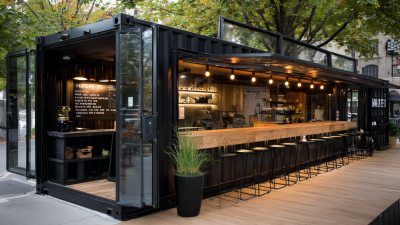
Innovative Shipping Container Restaurant Concepts Transforming Urban Dining Experiences
-

Transforming Your Space: Innovative Uses for Empty Shipping Containers
-
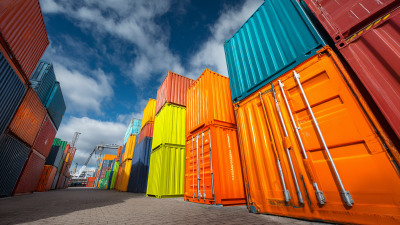
Transform Your Space: The Rise of Shipping Containers for Storage and Their Eco-Friendly Benefits
-

Unlocking Value: The Sustainable Benefits of Using Second Hand Storage Containers for Your Home
-
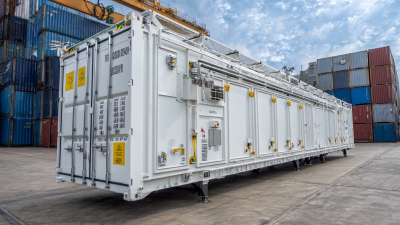
Understanding Container Insulation: The Key to Energy Efficiency in Shipping and Storage

